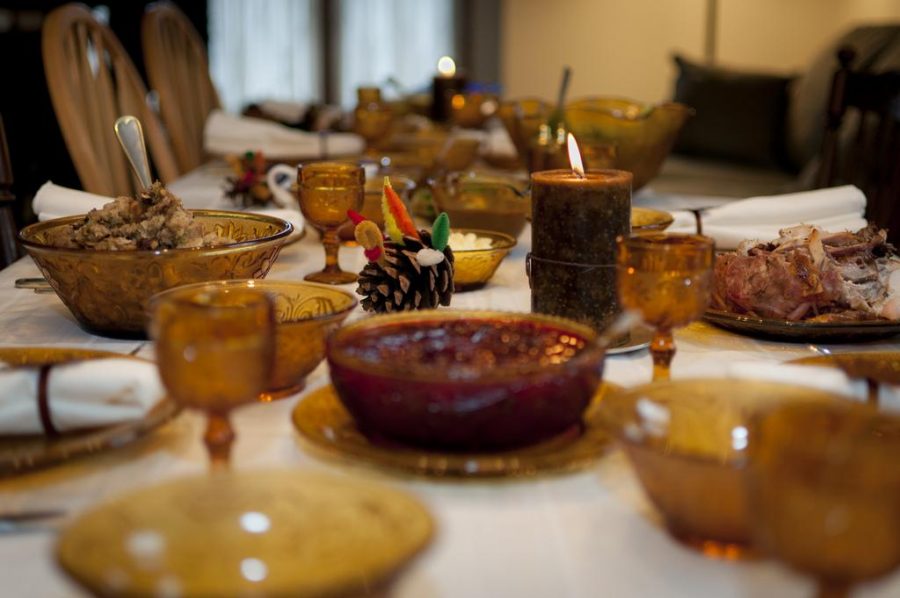Regardless of race, religion or lifestyle, Thanksgiving usually centers around one thing — food.
But something most people don’t think about is where their food comes from.
Over several decades, agriculture has changed to feed not only those who are actively involved in farming, but the rest of the world.
According to the FarmersFeedUS website, in 1960, one U.S. farmer could produce enough food in a year to feed 25.8 people. Now, that number has grown to 165.
While controversy surrounds the “feed the world” mantra the agriculture industry has adopted, one thing is indisputable.
Whether you choose to eat GMO, organic, gluten-free or otherwise this Thanksgiving, you can be sure a farmer somewhere produced it for you.
In the United States, we can have a safe and plentiful food supply at our disposal.
We have the stability to cater to different tastes and preferences like organic or hormone-free.
All this is thanks to our 3.2 million farmers and ranchers. The United States ranks in the top 15 for five of the most-consumed crops in the world, according to a report from the Food and Agricultural Organization of the United Nations Statistics Division.
Whether you believe the “feeding the world” adage or not, the United States plays a significant part in sustaining the world’s population.
It’s too easy to forget what it takes to get our food from the farm to our kitchen table.
We go to the store and carefully pick out each ingredient, forgetting about the feeding, processing, packaging and inspection that goes into everything we buy.
No matter if you grew up on a farm or in an urban area, your Thanksgiving turkey was grown by a farmer who has dedicated their life to bringing it to your table.
Since farming is often a thankless job, I usually try to show my appreciation in any way I can during this time of year.
Something my sorority has always done is make “feed-a-farmer bags” that we give to any farmers in the area we see harvesting their fields.
A gesture doesn’t have to be that organized or elaborate.
It can be as simple as buying a cup of coffee, stopping to say “thank you” or just waving to the tractors you pass on the highway.
This holiday season, as you sit down with your family, I challenge you to think beyond the turkey and remember to thank a farmer.
Katie Berndt is an agricultural communications major and can be reached at katelyn.berndt@jacks.sdstate.edu.



















